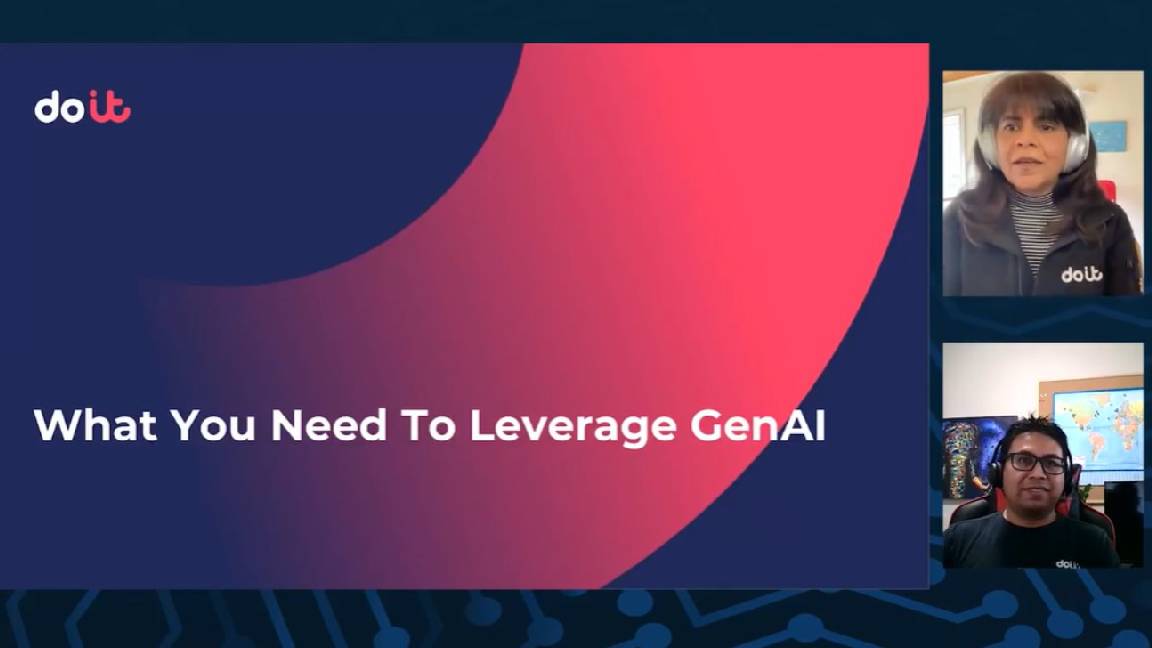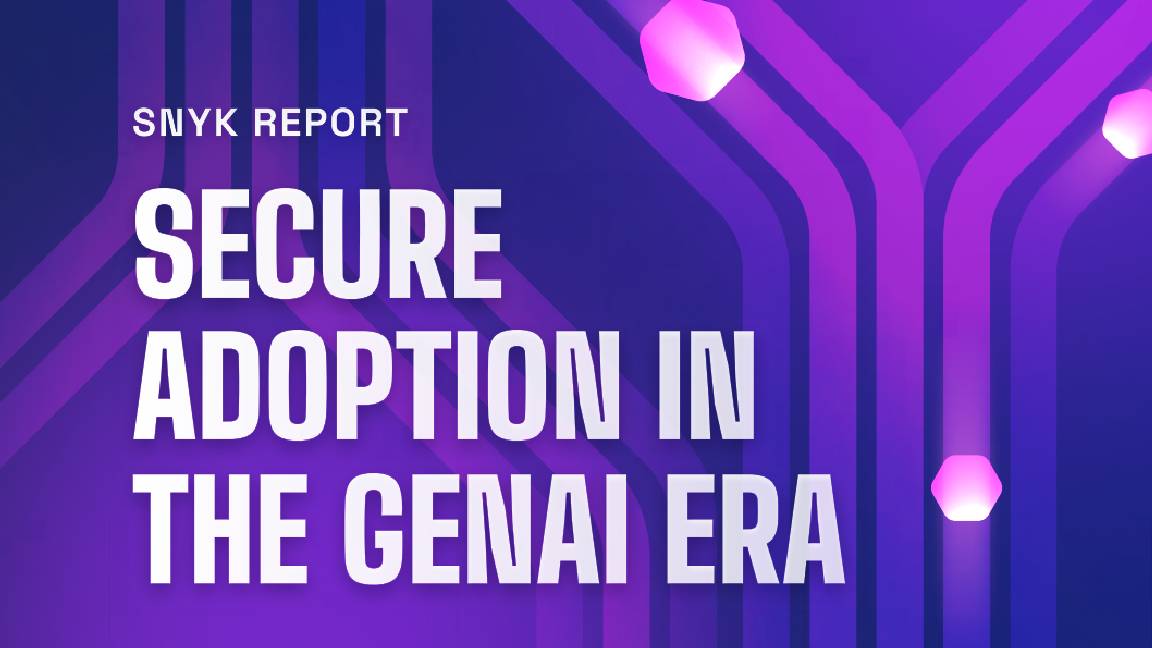JPMorgan Chase vows to avoid rolling out generative AI until problems are resolved
Tech chief Larry Feinsmith cites hallucinations and the potential for misuse as his biggest concerns


Financial services giant JPMorgan Chase won't start using generative AI tools in its business until the technology's issues have been addressed.
The company's head of global tech strategy, innovation, and partnerships, Larry Feinsmith, confirmed its stance on generative AI this week, citing concerns around hallucinations and ethics as key blockades in adopting the technology.
“We at JPMorgan Chase will not roll out generative AI until we can mitigate all of the risks,” said Feintsmith during the first keynote address at Databricks Data + AI Summit 2023.
“You want to talk about responsible AI, you want to talk about hallucinations, you want to talk about misuse, you want to talk about having the right cyber capabilities so that the models aren’t poisoned or tampered.
“We’re excited – we’re working through those risks as we speak – but we won’t roll it out until we can do this in an entirely responsible manner, and it’s going to take time.”

An IT veteran, Feinsmith specializes in financial institutions, serving as MD and head of technology strategy, innovation, and partnerships at JPMorgan Chase. His team focuses on tech strategy and fuels the organization's growing ties with startups and investors.
The buzz around generative AI has surged in the last 12 months, with OpenAI’s large language models (LLMs) including ChatGPT and GPT-4, alongside tools like DALL·E 2, sparking a wave of enterprises hoping to adopt such systems within their internal workflows.
JPMorgan Chase, however, won’t begin integrating such models – most of which are trained on widely available online data – until developers can resolve some of the biggest challenges and limitations around it.
Sign up today and you will receive a free copy of our Future Focus 2025 report - the leading guidance on AI, cybersecurity and other IT challenges as per 700+ senior executives
This isn't to say the financial services giant is staying away from AI completely; rather its approach is one of discipline in the interests of protecting its clients as well as its data. The firm has been using some form of AI across 300 or so use cases to date, for instance, including for risk, fraud, and marketing.

JPMorgan Chase's head of technology Larry Feinsmith speaking with Databricks CEO Ali Ghodsi at Databricks Data + AI Summit 2023
Indeed, the financial services company’s cautious position differs from the approach many other companies have taken.
Some businesses have already been keen to integrate tools to improve workflows, with the likes of text generation being one of the most widely touted use cases.
BuzzFeed announced in January it would begin to use generative AI to create online content, for example.
Many other businesses are keen to explore the powerful capabilities of generative AI for fear of missing out on potential productivity gains.
JPMorgan Chase's approach is a cautious one, although it’s still very much keen to exploit AI to improve operations and benefit end-users.
It already deploys plenty of AI and machine learning capabilities internally, and recently established the chief data and analytics officer (CDAO) position.
Theresa Heitsenrether, the firm’s CDAO, has four key areas of responsibility including AI enablement, the ability to have a machine learning center of excellence, AI research, and managing a response AI team.

Keumars Afifi-Sabet is a writer and editor that specialises in public sector, cyber security, and cloud computing. He first joined ITPro as a staff writer in April 2018 and eventually became its Features Editor. Although a regular contributor to other tech sites in the past, these days you will find Keumars on LiveScience, where he runs its Technology section.
-
 Large enterprises could be wavering on AI adoption
Large enterprises could be wavering on AI adoptionNews AI adoption rates have dipped, but it's probably nothing to worry about for IT leaders
-
 Nearly half of workers think using AI makes them look lazy and incompetent
Nearly half of workers think using AI makes them look lazy and incompetentNews AI adoption is slowing among desk workers, driven by uncertainty around its permissibility in the workplace
-
 UK government trials chatbots in bid to bolster small business support
UK government trials chatbots in bid to bolster small business supportNews The UK government is running a private beta of a new chatbot designed to help people set up small businesses and find support.
-
 Databricks expands AWS partnership to drive generative AI capabilities
Databricks expands AWS partnership to drive generative AI capabilitiesNews The new agreement promises “unmatched scale and price performance” to help customers take genAI applications to market faster
-
 What you need to leverage genAI
What you need to leverage genAIWhitepaper What you need to leverage genAI
-
 AI Survey Report
AI Survey ReportWhitepaper Level up your AI game with secure GenAI adoption
-
 Gen AI buyer’s guide
Gen AI buyer’s guideWhitepaper Protecting businesses from AI-generated code vulnerabilities
-
 AI Code security report: Organizations must change their approach
AI Code security report: Organizations must change their approachWhitepaper 56.4% say insecure AI suggestions are common — but few have changed processes to improve AI security

